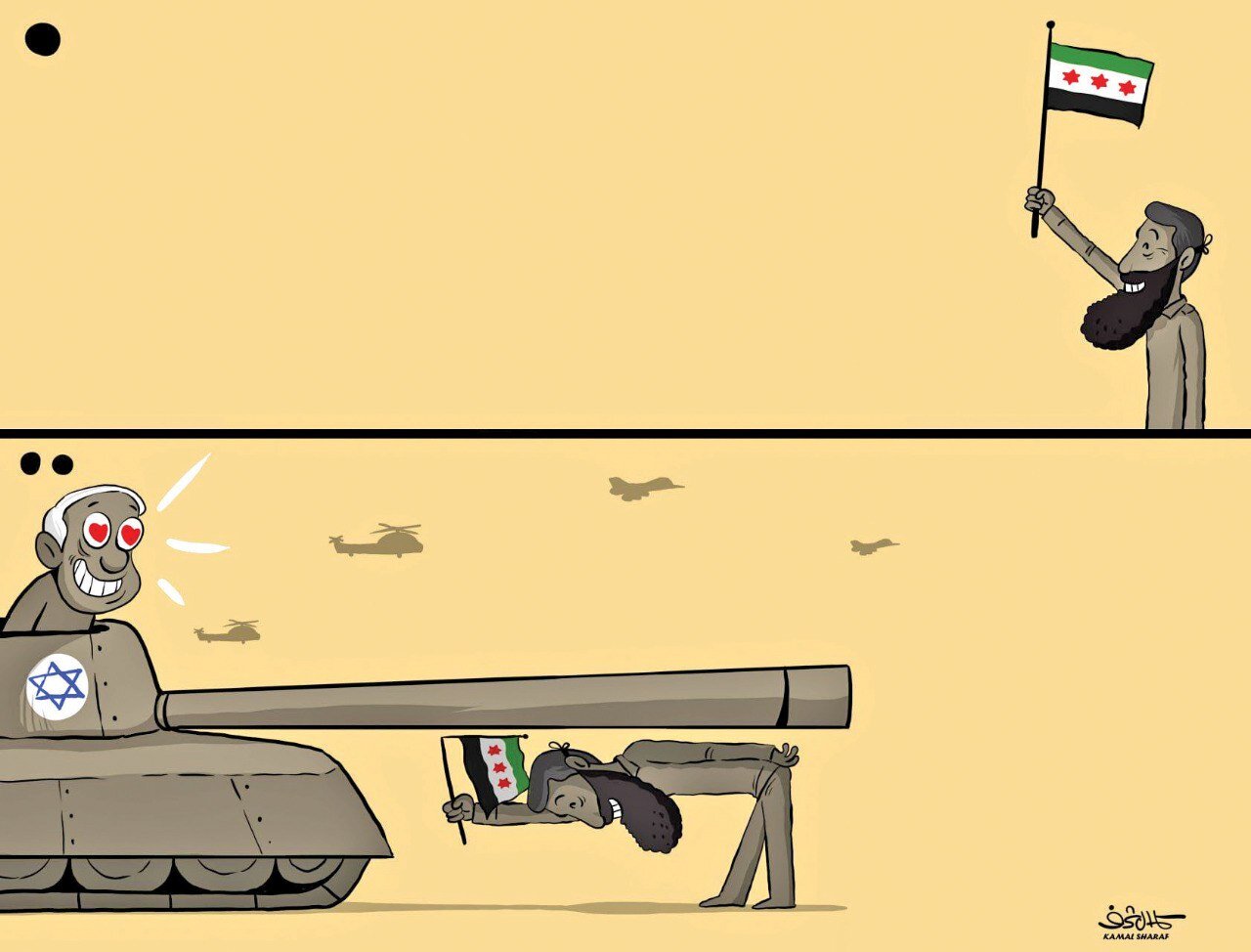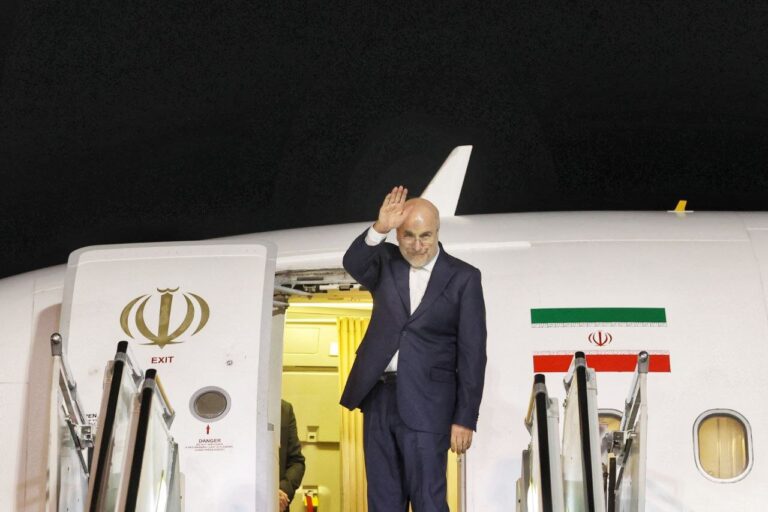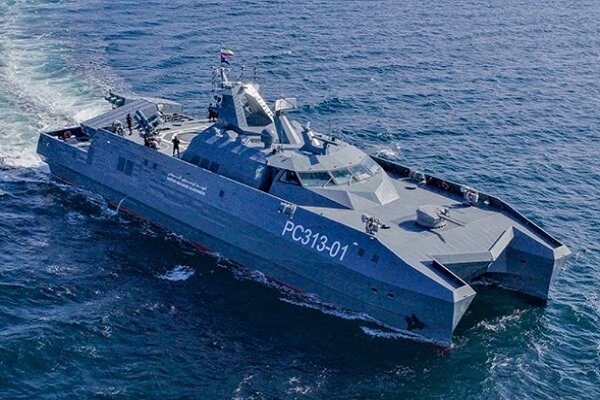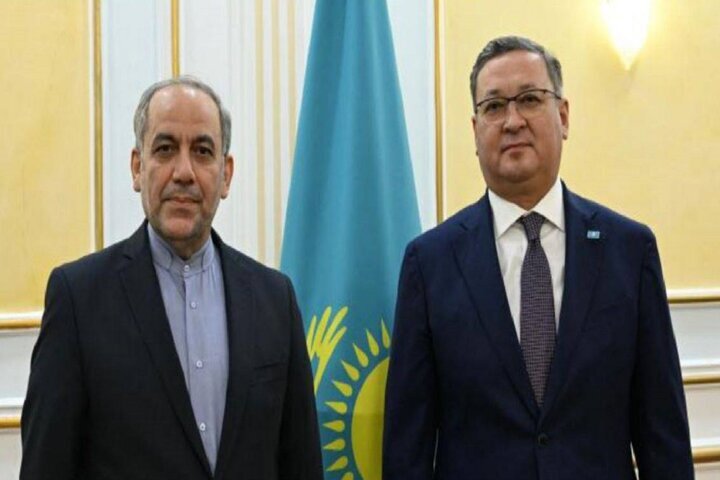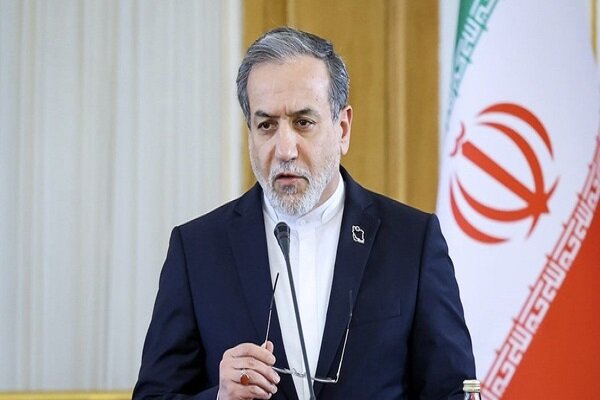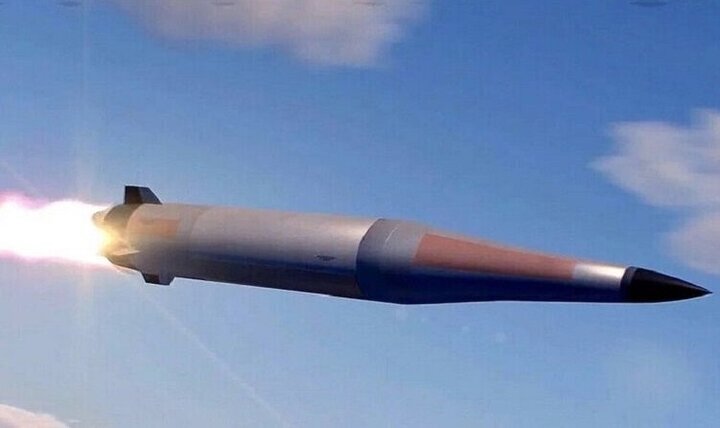Jolani’s Bold Move: Handing Over Fragmented Syria to U.S. and Israel
In a bold move to address Syria’s dire economic situation, President Ahmed al-Sharaa, also known as Abu Mohammad al-Julani, has launched a controversial diplomatic campaign aimed at securing U.S. sanctions relief. This initiative includes a proposal for a Trump Tower in Damascus and seeks to establish a détente with Israel. As the Syrian civil war stretches into its 14th year, Sharaa’s strategy reflects a desperate attempt to stabilize a nation grappling with economic collapse and societal devastation.
Sharaa’s actions highlight the weaknesses of his leadership, particularly his willingness to engage with Israel and court U.S. President Donald Trump, all while ongoing Israeli airstrikes continue to threaten Syrian sovereignty. The severe economic crisis, exacerbated by American sanctions that isolate Damascus from global financial systems, forms the backdrop of Sharaa’s overtures towards Trump.
In line with Trump’s business-oriented persona, the proposal for a Trump Tower in Damascus serves as a symbolic gesture, indicating Syria’s openness to American influence and investment. Jonathan Bass, a pro-Trump American activist who met with al-Sharaa in Damascus on April 30, characterized this campaign as an effort to negotiate a “business deal for the future of his country.” This deal could potentially involve:
- Energy exploitation
- Cooperation against Iran
- Engagement with Israel
Bass noted that al-Sharaa is eager for peace with neighboring countries, reflecting a personal connection with Trump, as both leaders have survived assassination attempts. However, the idea of a lavish Trump-branded building in war-torn Damascus starkly contrasts with the reality faced by millions of Syrians living in poverty amid crumbling infrastructure.
Contentious Engagement with Israel
Sharaa’s attempts to ease tensions with Israel are fraught with controversy, particularly given Israel’s ongoing airstrikes within Syrian territory, including areas near the presidential palace. These strikes expose Sharaa’s vulnerabilities, even as Israel claims they are defensive measures aimed at protecting the Druze community and countering extremist threats.
Sharaa has acknowledged indirect talks with Israel mediated by the United Arab Emirates, with Bass asserting that these discussions could pave the way for direct negotiations. However, the continued Israeli airstrikes suggest these diplomatic efforts have not yielded favorable results. Sharaa’s engagement in talks during such bombardments risks portraying him as weak, allowing Israel to dictate terms and illustrating Syria’s susceptibility to external pressures.
By prioritizing external validation over internal unity, Sharaa’s policies have further degraded Syria’s standing. His legitimacy is further complicated by his past affiliations as an al-Qaeda-linked figure, designated a terrorist by the U.S. His pivot towards Western and Israeli engagement alienates segments of the Syrian population, particularly those who have suffered from the conflict and foreign intervention.
Adding to Sharaa’s credibility issues is the U.S. assessment that Damascus has not sufficiently met the requirements for sanctions relief. This includes demands to expel foreign fighters and dismantle chemical weapons stockpiles. Washington’s focus on counterterrorism, evidenced by the involvement of a senior counterterrorism official in discussions with Syrian Foreign Minister Asaad al-Shibani, reinforces skepticism regarding Sharaa’s true intentions.
Security Challenges and Risks of Fragmentation
Sharaa’s overtures occur against a backdrop of Israeli incursions and rising sectarian violence, both of which he has failed to adequately address. The unilateral strikes by Israel and the Druze community’s resistance to disarmament in regions like Jaramana and Sweida illustrate the government’s incapacity to protect or unite Syria’s diverse populace.
By seeking U.S. intervention to “sort out” relations with Israel, Sharaa risks exacerbating Syria’s fragmentation. His proposals to Trump and Israel, while pragmatic, represent a humiliating survival tactic that undermines national dignity and sovereignty. Despite their intended purpose of providing economic relief, initiatives such as the Trump Tower proposal and the détente efforts highlight a sense of desperation and encourage foreign domination over Syrian affairs.
As tensions continue to rise and internal strife persists, Sharaa’s policies not only fail to restore Syria’s dignity but actively work against the country’s sovereignty. The future remains uncertain as Syria grapples with its complex realities, and the path forward for Sharaa’s administration appears increasingly precarious.
